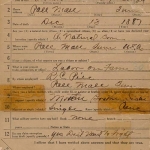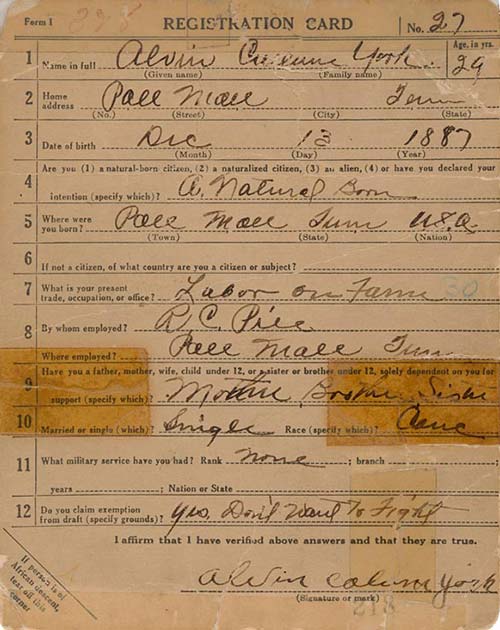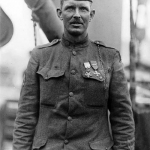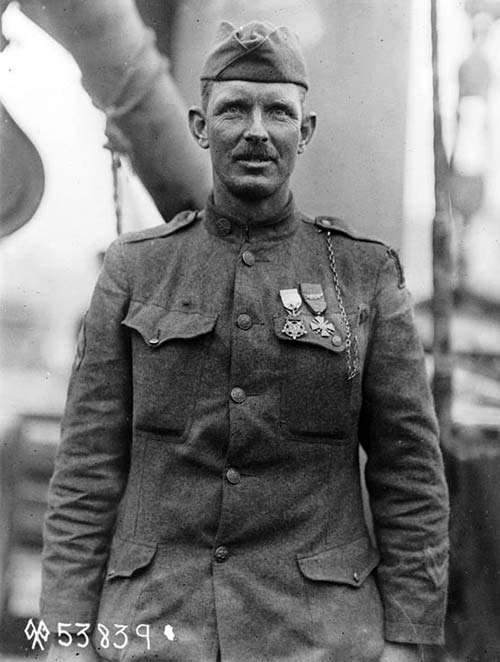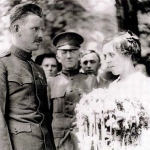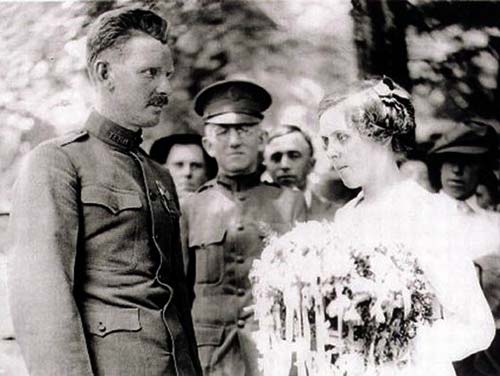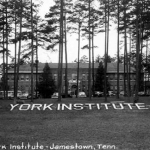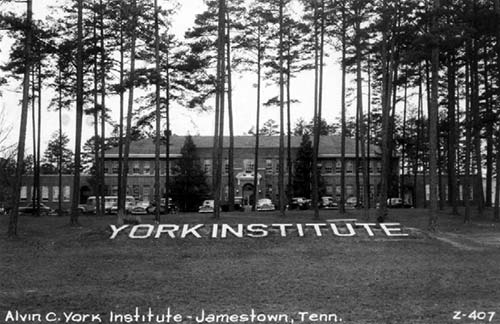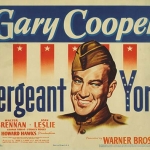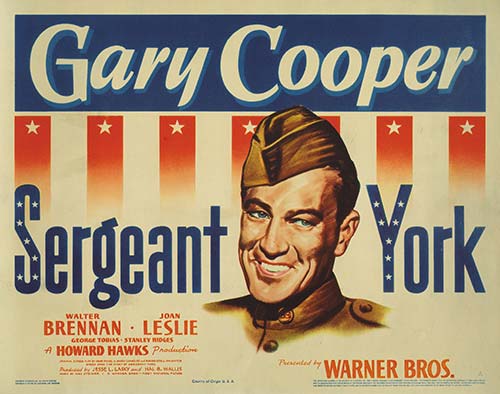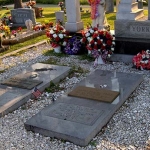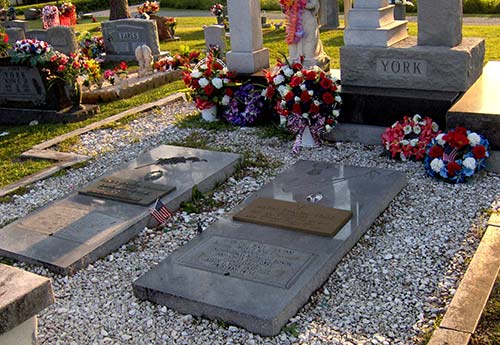Sergeant Alvin C. York
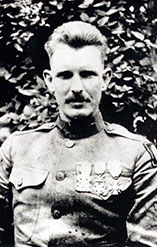
Biography
On December 13th, 1887 Alvin C. York was born in a log cabin in the sleepy town of Pall Mall, Tennessee. He was one of eleven children in a decidedly poor family. His father died when he was a young man and being the eldest child still at home he helped his mother raise his younger siblings. In order to procure food for his impoverished family he had to learn to become a skilled hunter. It was out of this necessity that he became a exceptionally talented marksman, which would come to be a great advantage for him on the battlefield.
When the time came for York to register for the draft during World War I, he was working as a blacksmith. He was a devout christian and was a member of a pacifist congregation that did not support the war. However, it was mandatory for all males between the ages of 21 and 41 to enroll in the draft. He was put in Company G, 328th Infantry Regiment, 82nd Infantry Division at Camp Gordon, Georgia. Struggling with his faith inspired opposition to the idea of war, he consulted his commanders who were also religious men and with their words of encouragement he was assured that he was doing the right thing. It was fortunate that he came around to this way of thinking, as his performance in combat would prove to be incalculable.
It was on the front lines of the war in France that York's excellent leadership skills thrived and his marksmanship skills proved invaluable. On October 18th, 1918, In Chatel-Chenery. France his company was charged with the mission of penetrating the German lines and dismantling their machine gun defense. By doing so the Decauvilla Railroad, a valuable resource, could be recovered. During the onset of the attack nine of the members of the group were quickly picked off by Germans. York took charge of the seven remaining members of his team and pushed further into enemy territory. He advanced into machine guns blasting in his direction, all while firing his own weapon off at the enemy. Seven German soldiers in a trench attacked him with bayonets but he shot each one of them before they could reach him. York sniped about seventeen of the German enemy gunners. The German's First Lieutenant surrendered and 132 soldiers were taken captive by York and his men. It was for his actions during this event that he was awarded the Medal of Honor. Initially he was given the Distinguished Service Cross, but upon further review and investigation, the medal was upgraded to the Medal of Honor.
In 1919, York returned from the war and immediately got back to building his life at home in Tennessee. Shortly after returning, he married Gracie Loretta Williams. He would receive nationwide fame after a news article detailed the story of the reclaiming of the Decauvilla Railroad. However, York would refuse to any offers he got that profited from his story of heroism. instead he put a great amount of effort into the Alvin C. York Foundation which helped to give the youth of Pall Mall, Tennessee and other surrounding areas better educational opportunities.
When American involvement in World War II began he tried to re-enlist. Unfortunately because of his poor health and age he was not admitted back into the army. However, he was given a position of major in the Army Signal Corps. In this position he traveled around the country and visited training camps where he provided encouragement for the trainees.
Alvin C. York passed away on September 2nd, 1964. He was laid to rest in his home town of Pall Mall, Tennessee. He was survived by seven of his eight children. His legacy was memorialized in a movie made in 1941. He also has six buildings using his namesake and a commemorative stamp was made in his honor for the "distinguished soldiers" series.
Sergeant Alvin C. York's Ribbon Rack
Hover over or click award for more information.
Photo credit attributed to: Croix de guerre 1939–1945 stripe bronsepalme" by Ordensherre - Own work. Licensed under CC BY-SA 3.0 via Wikimedia Commons
Photo credit attributed to: Croix de guerre 1939–1945 stripe bronsepalme" by Ordensherre - Own work. Licensed under CC BY-SA 3.0 via Wikimedia Commons























